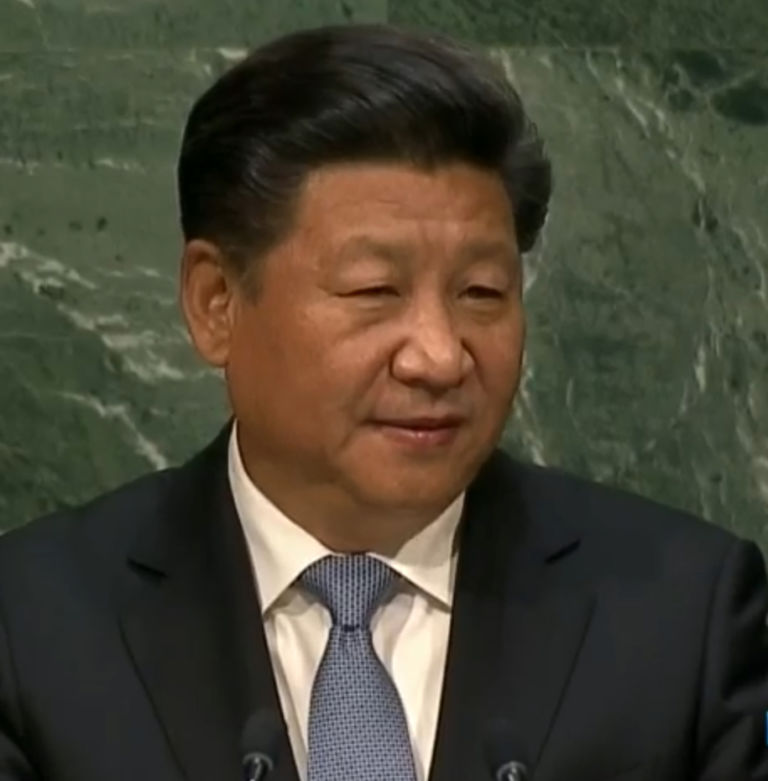Niall Ferguson usually turns to the historical record as the basis for his Newsweek columns. But Ferguson’s latest article offers an interesting assessment of how history might have changed if the attacks on the World Trade Center and Pentagon never had taken place.
Let’s start in January 2001 and thwart the 9/11 attacks by having Condi Rice and Paul Wolfowitz heed Richard Clarke’s warnings about Al Qaeda. The game starts off well. Al -Qaeda is preemptively decapitated, its leaders rounded up in a series of covert operations and left to the tender mercies of their home governments. President Bush gets to focus on tax cuts, his first love.
But then, three years later, the murky details of this operation surface on the front page of The New York Times. John Kerry, the Democratic candidate for the presidency, denounces the “criminal conduct” of the Bush administration. Liberal pundits foam at the mouth. Ordinary Americans, unseared by 9/11, are shocked. Osama bin Laden issues a fierce denunciation of the U.S. from his Saudi prison cell. It triggers a wave of popular anger in the Middle East that topples any regime seen as too close to Washington.
The government of Qatar—gone. The government of Kuwait—gone. Above all, the government of Saudi Arabia—gone. True to form, the experts are soon all over network TV explaining how this fundamentalist backlash against the U.S.-backed oil monarchies had been years in the making (even if they hadn’t quite gotten around to predicting it beforehand). “Who lost the Middle East?” demands Kerry, pointing an accusing finger at George W. Bush. (Remember, prior to 9/11 Bush favored a reduction of U.S. overseas commitments.) The Democrats win the 2004 election, where-upon bin Laden’s new Islamic Republic of Arabia takes hostages at the U.S. Embassy in Riyadh…


